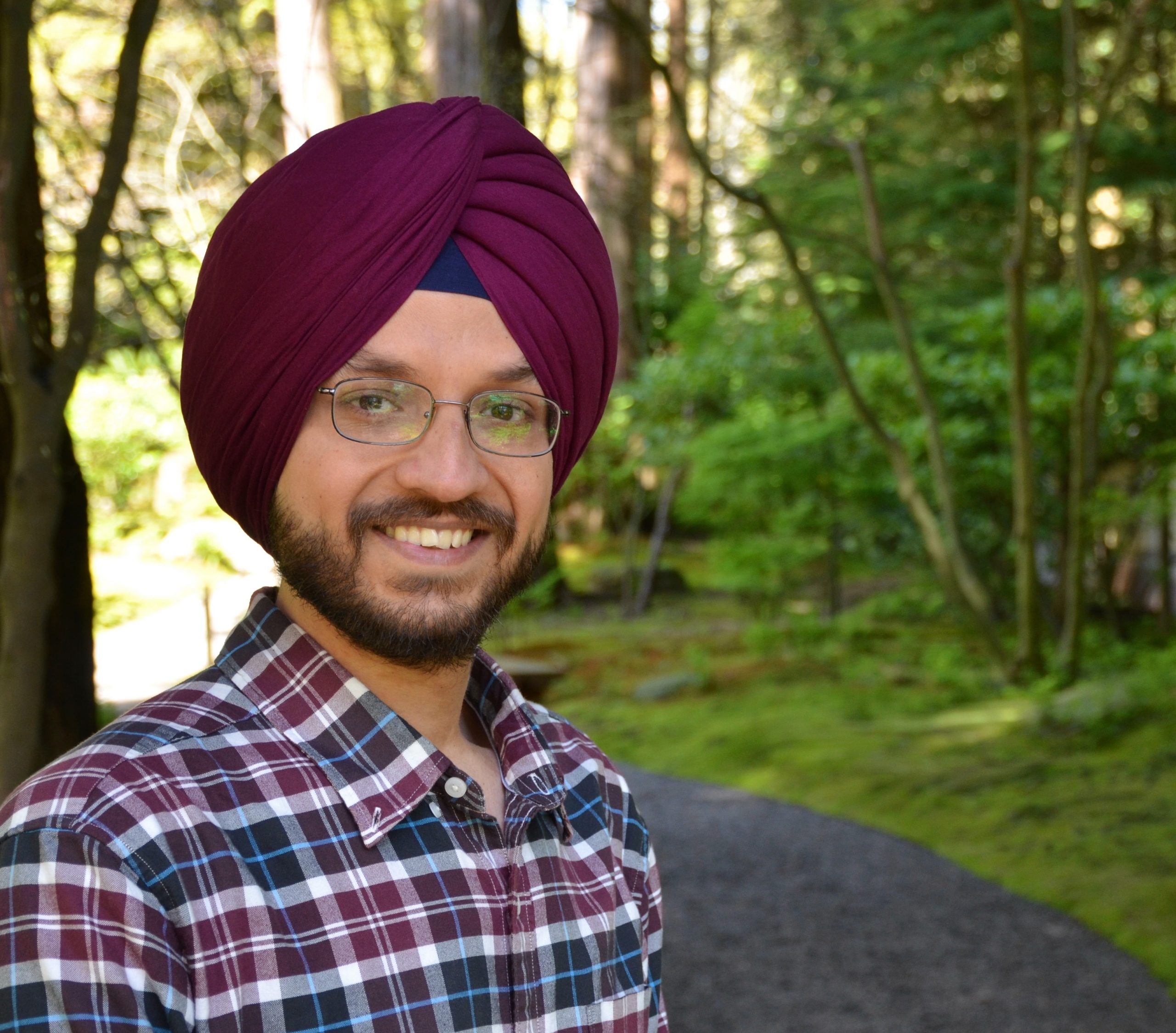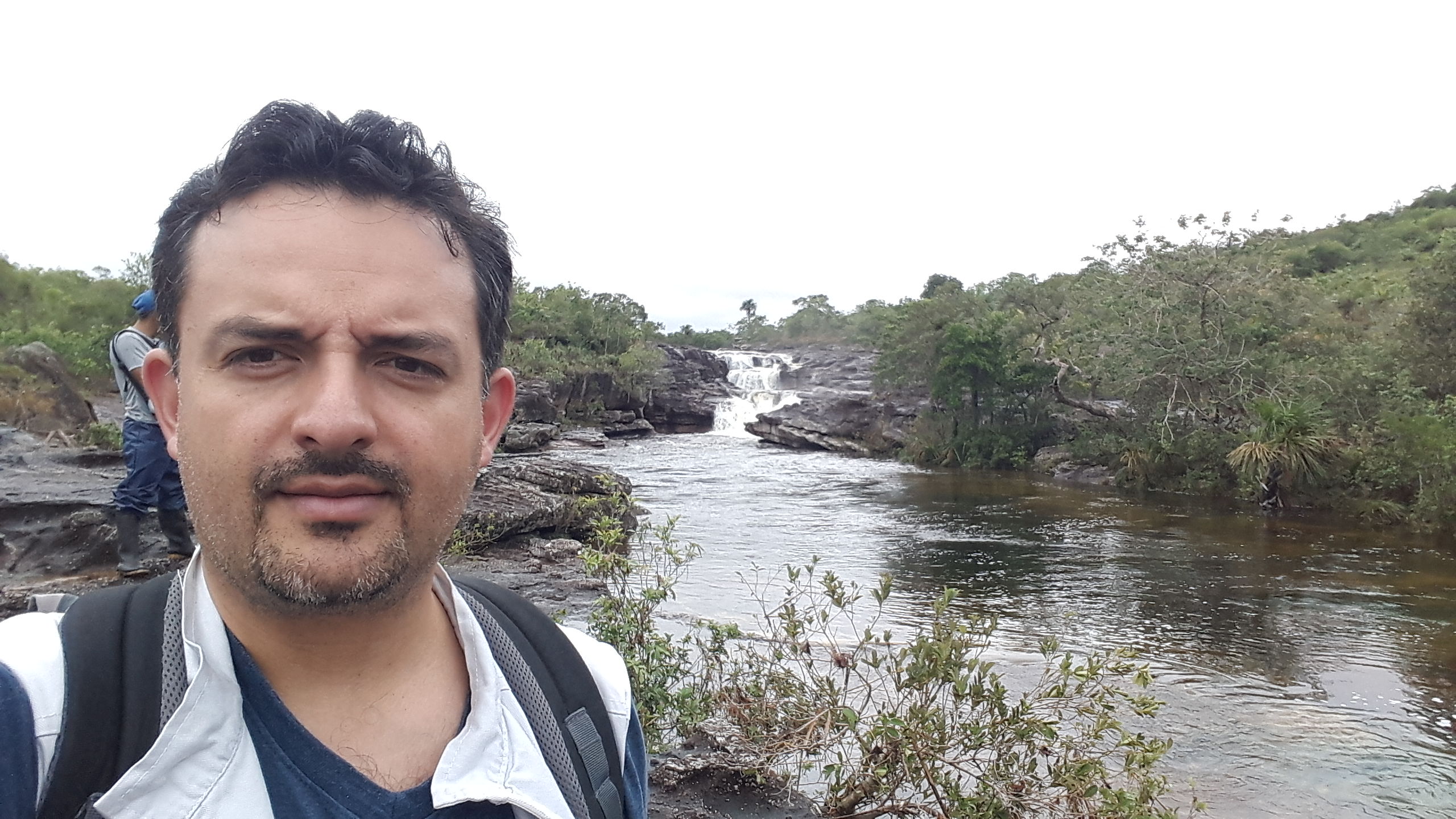IRES Seminar Series
Time: 12:30pm to 1:30pm (every Thursday)
Via Zoom
View video.
*********************************************************************************
Machine learning methods for examining the impact of climate variability on crop yields in India
Due to the strong dependence of agricultural productivity on climate, predicting crop yields as a function of climate variability has been a topic of extensive research over the past many decades. However, most previous studies have utilized seasonal average climate values in their statistical models, largely ignoring intra-seasonal climate variability. Even though the latter has been demonstrated to have disproportionately strong impacts on crop yields, it has largely remained unaccounted for in statistical crop models and global yield estimates. To address this research gap, Balsher is developing improved crop yield statistical models with dedicated variables for intra-seasonal climate variability, using India as a case study. In this talk, Balsher will discuss a part of his research showing the advantages of machine learning methods over more traditional regression techniques for predicting crop yields as a function of climate variability.
Balsher Sidhu

IRES PhD Program
Bio:
Balsher grew up in Punjab, India, a state often called the bread basket of the country. His formative years in the midst of intensive agricultural activity have played a prominent role in determining the topic of his doctoral research, for which he is analyzing the relationship between climate and agriculture in India. More specifically, he is building statistical models to quantify the impact climate variability (both intra-seasonal, and long-term climate change) has on crop yields across the country. Balsher is co-supervised by professors Milind Kandlikar and Navin Ramankutty, and is funded by UBC’s Four-Year Fellowship and the NSERC Vanier Canada Graduate Scholarship.
Will the trade of novel Amazon fruits help recover the Amazon forest? Sustainable consumption of Acai in Metro Vancouver
Only 9 food plants account for 66% of global crop production from 300 that are commonly traded, while other 7,000 are disappearing along with species that feed on these fruits. Palm oil and soy are among the leading drivers of deforestation and biodiversity loss in Amazon countries, yet we consume these ingredients in almost every processed food. Existing conservation instruments (e.g. PES, REDD+) built capacity in this region but fell short in supporting shifts to sustainable agriculture. As a solution to this problem, Amazon countries are promoting the trade of native fruits considering its increasing demand in the health food industry. However, two challenges must be overcome first to allow a favourable shift: appropriate regulations and sustainable consumption of these fruits. Therefore, I focus on the trade of Acai (Euterpe oleracea) in Canada as my case study considering the growing demand for this Amazon fruit. An assessment of attitudes towards the sustainable consumption of Acai in Metro Vancouver was carried out through a Likert survey and by interpreting correlations with demographic data. In addition, a comparative analysis of eco-certifications and regulations applicable in the trade of Amazon fruits in North America and Europe offer an overview of the regulatory barriers and opportunities to develop market-based conservation mechanisms. Findings confirm that Vancouverites are increasingly concerned about the effects of their Acai products on nature and their health despite eco-certifications. This research provides insights into the sustainable consumption of Amazon fruits in Canada as an alternative to recover contested biodiverse landscapes and neglected traditional fruits.
Luis Felipe Melgarejo Perez

IRES MA Program
Bio:
Luis F. Melgarejo was born in Colombia and worked at the German International Development Agency – GIZ in several projects related to environmental conflict transformation and regional planning (M.Sc.). He studies entrepreneurships that help recovering biodiversity while sustainably managing natural forests with rural communities. A full-time foodie, particularly when it comes to neglected fruits that look promising for the food industry and to reconnect ecological corridors in contested landscapes. Before IRES, he led a Forest Protection Program in the Colombian Amazon, promoting wild fruits by supporting farmers and start-ups to gradually shift from extensive ranching and illicit crops to endemic agroforestry.